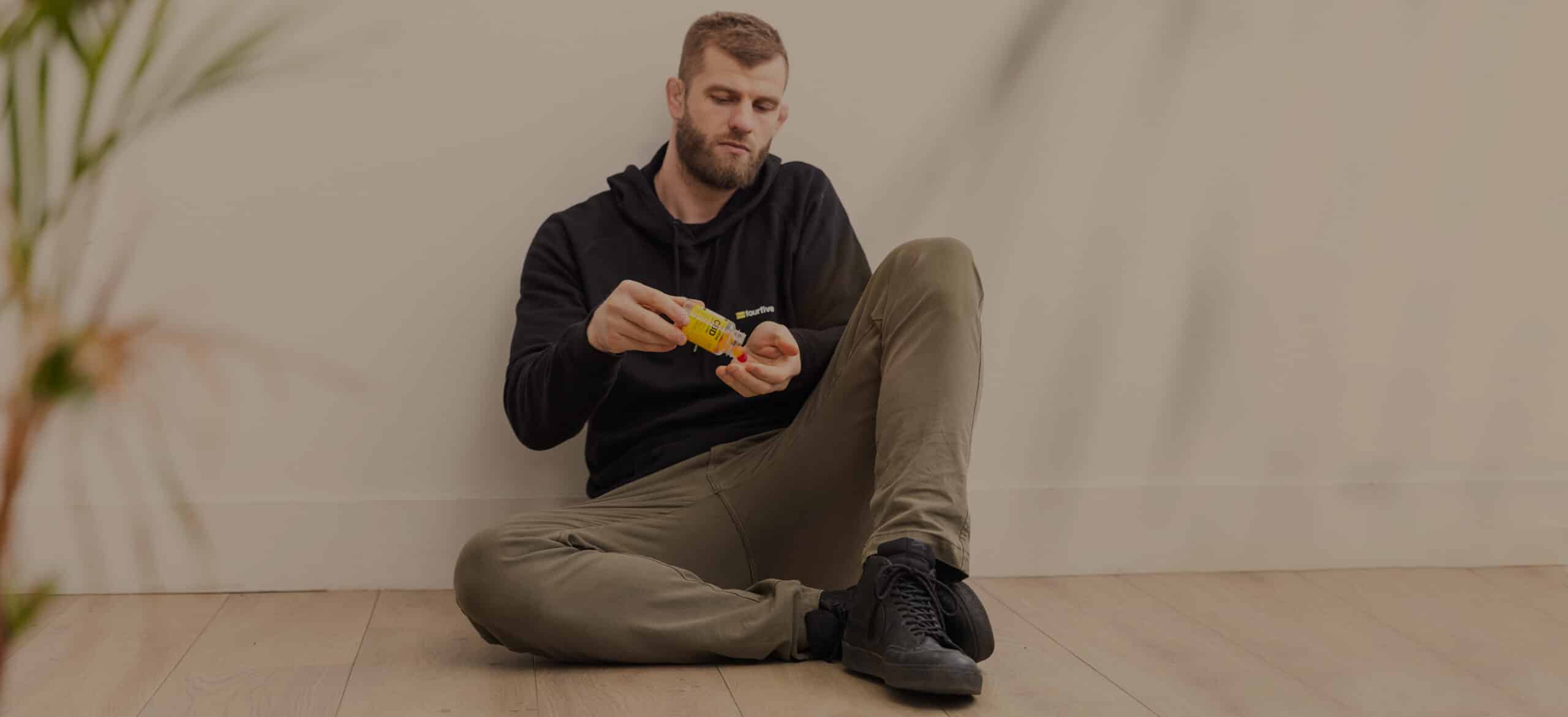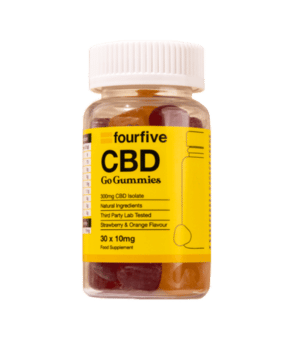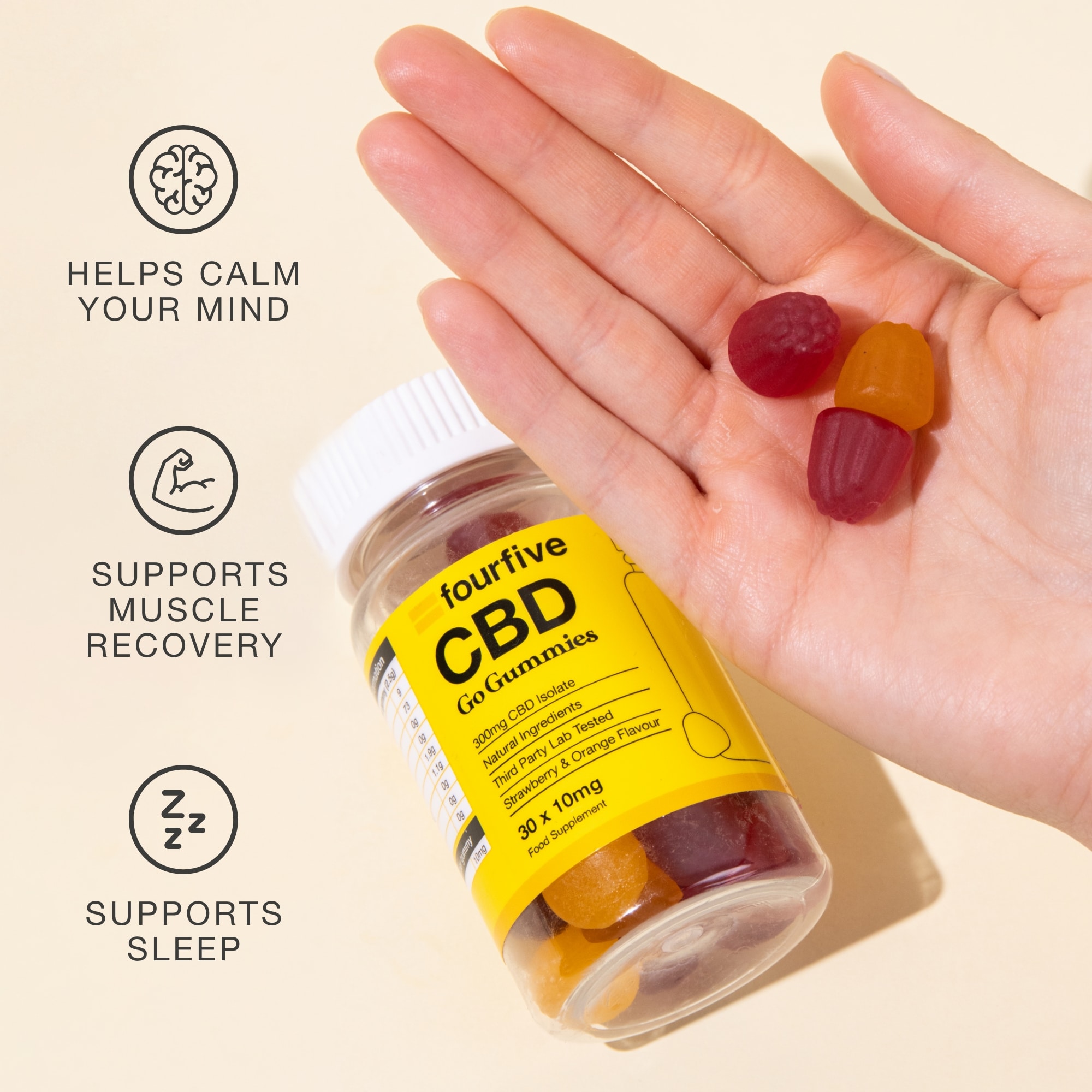When it comes to relatable phenomena, there really are none as universal as stress. We’ve all experienced it on one level or another, and we all know its ill effects (as well as, of course, some of the positive impacts it can have on our lives, such as giving us all-important motivation).
Still, stress is one of those things that many of us know, without in many ways, truly knowing.
So, with April being Stress Awareness Month, we thought we would put the spotlight on just three common beliefs about stress that are not what they seem.
1. “Stress causes illness”
Stress, especially a major life-changing episode of stress, is believed to help drive up the risk of physical disease. But that’s not the same as saying stress causes illness.
As almost anyone who has undergone significant stress probably knows, it can push people into taking up certain less-than-helpful coping mechanisms, such as drinking alcohol, smoking, or overeating.
While these things can all heighten the risk of illness or even addiction, it isn’t necessarily the stress itself which brings on illness. However, it reminds us of an important lesson: you shouldn’t allow whatever you’re getting stressed about to cause you to slide into habits that will compromise your longer-term health. So, be sure to keep up with that healthy and balanced diet, regular exercise, and sleeping seven to eight hours a night.
2. “Stress is everywhere, so there’s no point trying to do anything about it”
Sure, stress is, indeed, all around us. But your ability to handle stress can be greatly impacted by how you plan your life, and it isn’t inevitable that you will be overwhelmed with stress.
Many of us have had that feeling of being so stressed out, that every problem can seem equally difficult and overwhelming.
However, that’s not actually the case; by taking a step back, you can prioritise tasks that you have to do, working on addressing simple problems first, before moving onto more complex challenges.
So, having a strategy, not allowing yourself to be simply ‘buffeted by the winds’ of stress, can definitely help.
3. “This stress-relieving strategy worked for this person, so will work for me, too”
Stress-reduction tips have become something of a cliché at this point. That doesn’t automatically mean a certain overfamiliar tip you might have been given six or seven times now, such as “take up yoga” or “meditate”, definitely won’t work for you. However, there are also no guarantees that any given tip or practice will work for helping you manage stress.
The fact is, we are all different in terms of our temperaments and lifestyles, so we do tend to differ when it comes to what does and doesn’t help make us feel less stressed.
Mindfulness meditation, for instance, is a practice associated with “slowing down” and “being in the here and now”. But some people’s engagement with mindfulness may be better-served by moving around, for example, going for a walk with a camera and consciously noting and taking photographs of things they see, hear, smell, and feel, than by trying to sit still for an extended period.
Others, meanwhile, feel that taking CBD greatly helps them to feel at ease in their lives. They might even feel so strongly about this, that they go as far as committing to a CBD subscription with an online store, such as fourfive, that specialises in premium-quality and independently tested CBD products.
Maybe you might be tempted to try out some of our highly rated CBD supplements for yourself, and see whether they fit in well with your own day-to-day health regime this Stress Awareness Month? Good luck!









